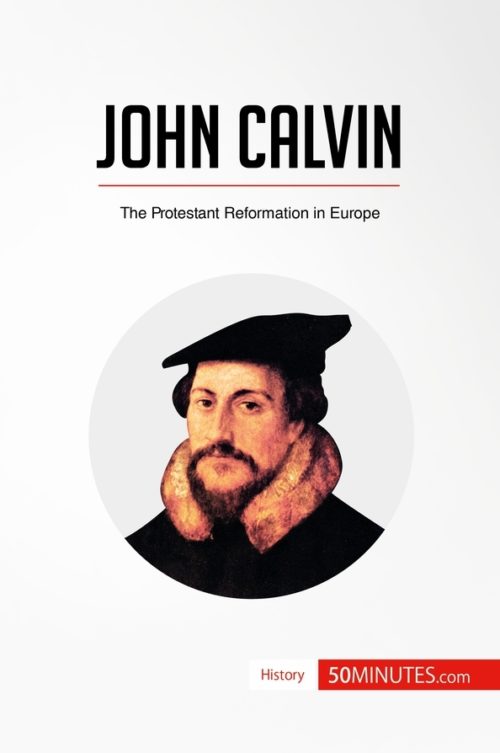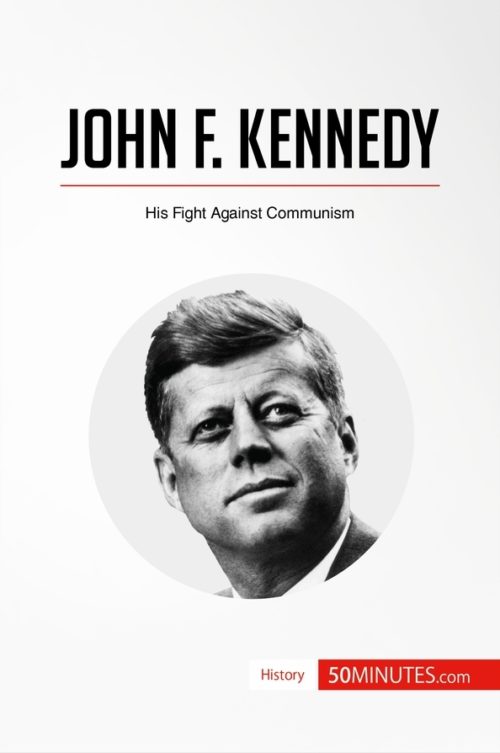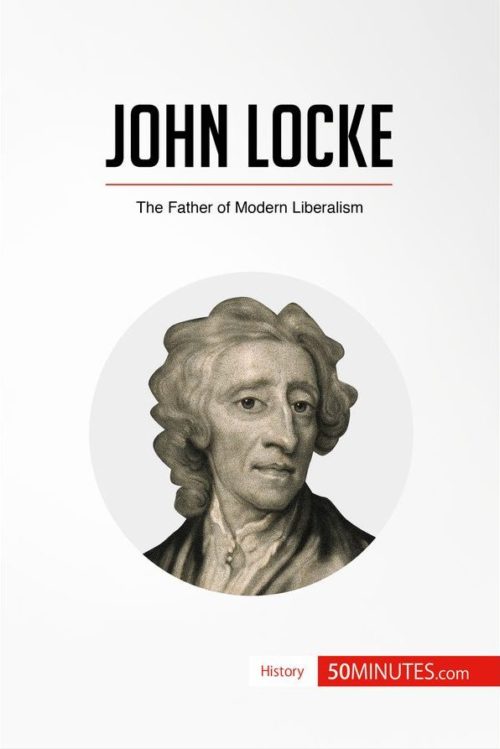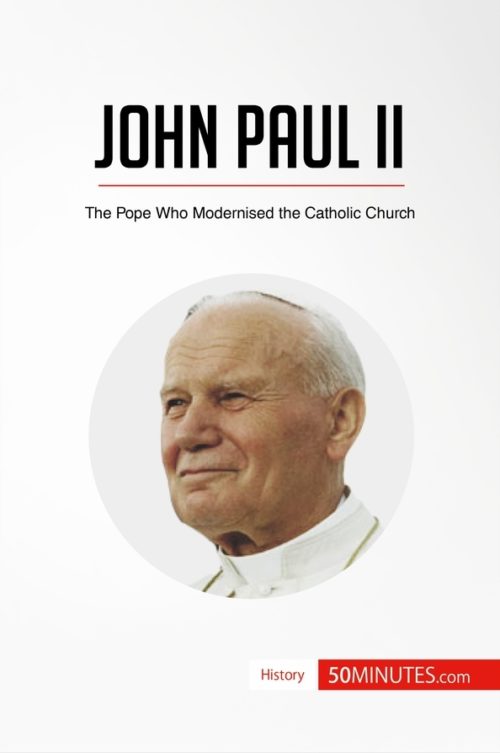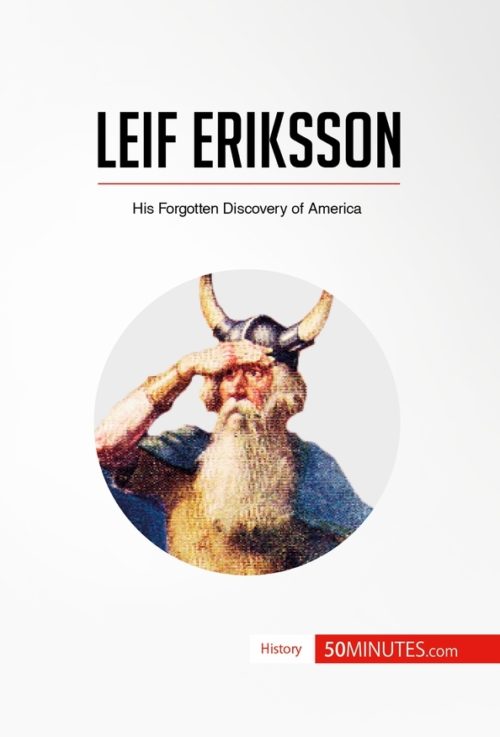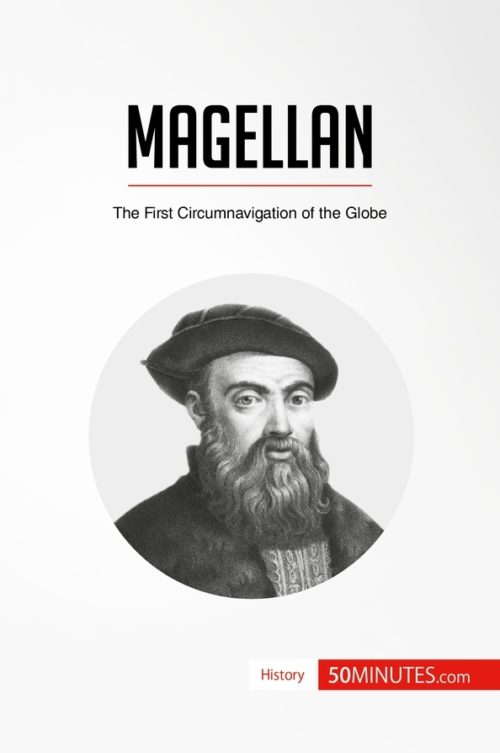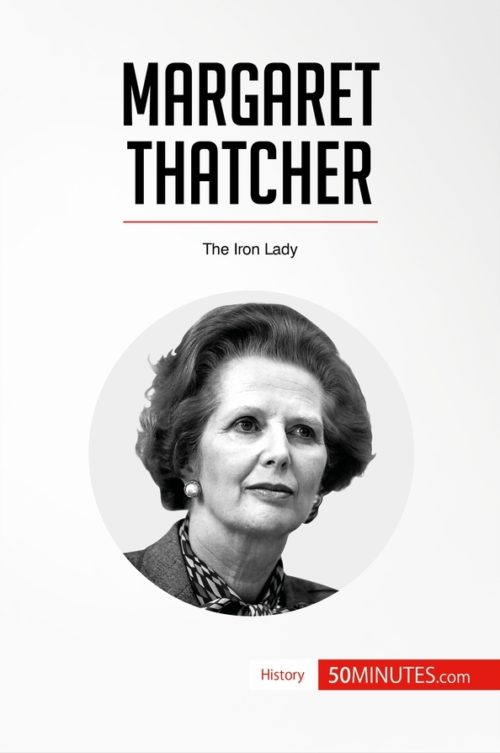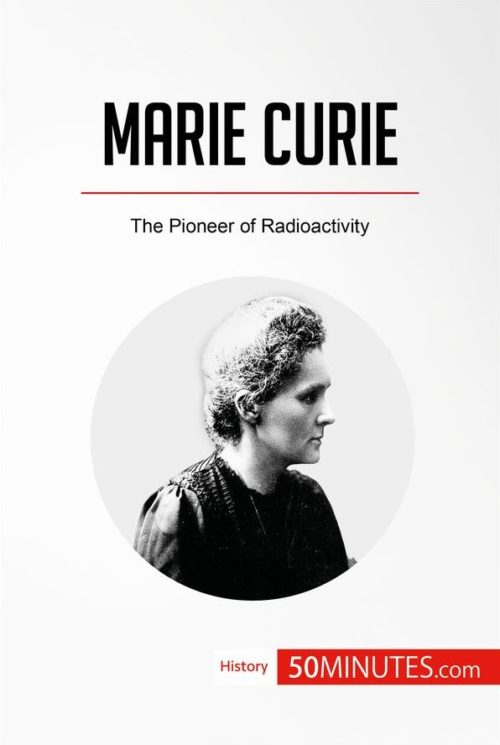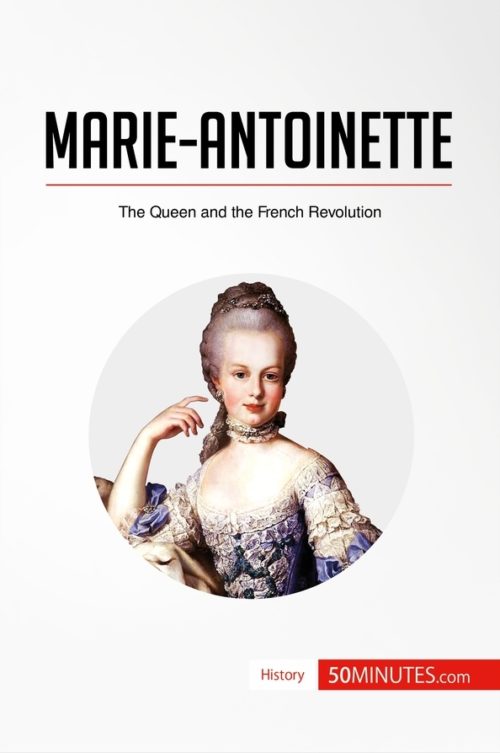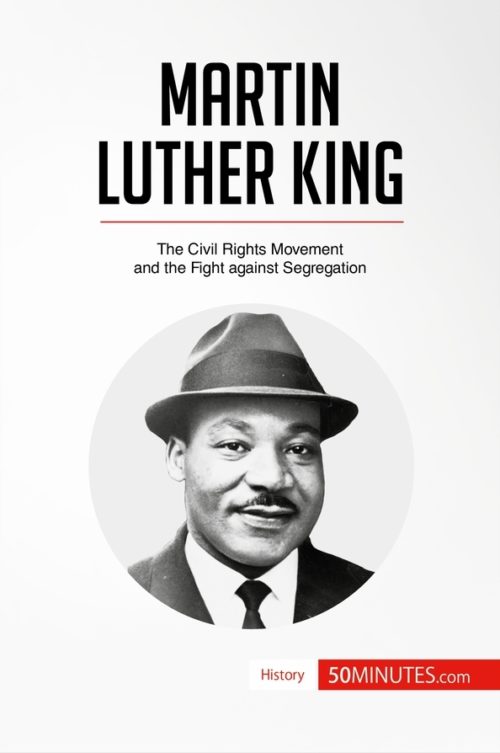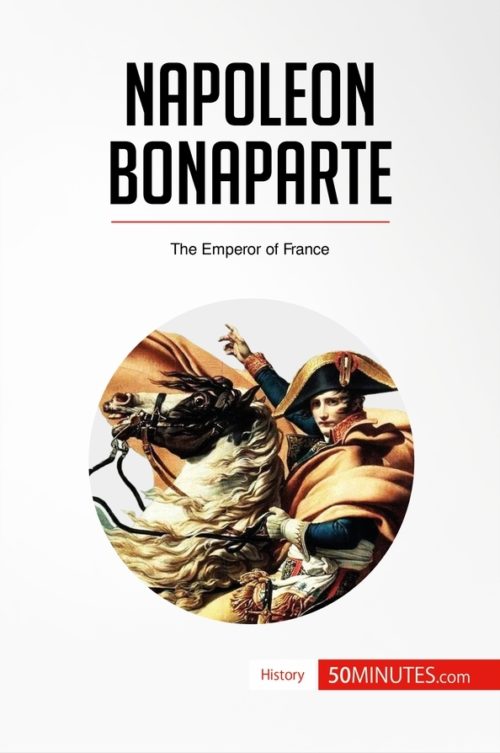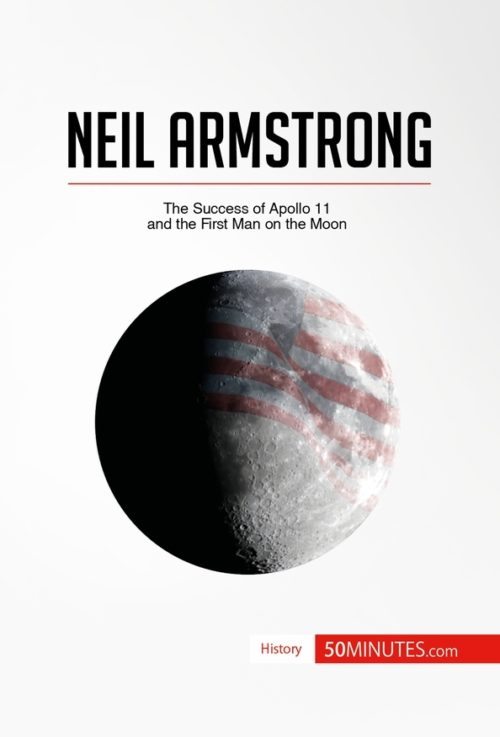John Calvin was a French preacher who was one of the major figures of the Reformation that swept across 16th-century Europe. Known in particular for setting up the Reformed Church and restructuring the educational system in Geneva, Calvin dedicated his life to establishing a way of living in accordance with the Scriptures. In just 50 minutes, you will find out...
Read more
-
John F. Kennedy was the 35th President of the United States. Although he actively fought against Communism and established the Peace Corps, Kennedy is probably known most of all for his unexpected assassination in 1963, during his visit to Texas, when he was shot in the head by Lee Harvey Oswald. His murder sent shockwaves around the world. In just 50 minutes, you will...
Read more -
John Locke was a philosopher and scientist who is considered to be one of the greatest 17th-century English thinkers. Known in particular for his reflections on political philosophy, Locke took an interest in a range of different areas, including empiricism, social contract theory and liberalism. In just 50 minutes, you will find out how his actions revolutionized philosophical thought during...
Read more -
John Paul II was the 264th Pope of the Roman Catholic Church and is remembered as one of the most important figures in the shaping of 21st century Catholicism. Known in particular for the modernization of the Catholic Church and the implementation of the reforms of the Second Vatican Council, John Paul led the Catholic Church during a period of great...
Read more -
Margaret Thatcher was the Prime Minister of the United Kingdom from 1979 to 1990 and Leader of the Conservative Party from 1975 to 1990. She was known in particular for being the longest serving British Prime Minister of the 20th century, not to mention for being the first woman to have ever held the office. It did not take long for...
Read more -
Marie Curie was a pioneering chemist and physicist at a time when few women had the opportunity to pursue a career in science and research. She is particularly well-known for her groundbreaking work on radioactivity and her discovery of radium, which revolutionized cancer treatment and challenged scientific theories that had endured since antiquity. Along with her husband Pierre Curie and Henri...
Read more -
Marie-Antoinette was the Queen of France from 1774 to 1791 and the wife of the ruler of the country during the French Revolution. As a queen who did everything she could to stay out of politics, preferring instead to entertain friends at Versailles, she was not a particularly popular ruler, and her image took a hit with the Affair of the Diamond...
Read more -
Martin Luther King was an American pastor who played a major role in the Civil Rights Movement of the 1950s and 1960s. Known in particular for his role in raising awareness of the racial problems in the United States and in the emancipation of African-Americans, King was a supporter of non-violence and made considerable progress towards a more equal America....
Read more -
Napoleon Bonaparte was a military and political leader and Emperor of the French from 1804 to 1814. He steered France through a time of intense internal and external conflict and took part in decisive military engagements such as the Battle of Austerlitz. Besides his military campaigns throughout Europe, he also established civil institutions which exist in France to this day, such...
Read more -
On 21 July 1969, the American astronaut Neil Armstrong, the commander of the Apollo 11 spaceship, became the first person in history to set foot on the Moon. This crucial event marked the peak of the Space Race, which pitted the Cold War rivals the USA and the USSR against one another as they sent artificial satellites, probes and eventually humans...
Read more
